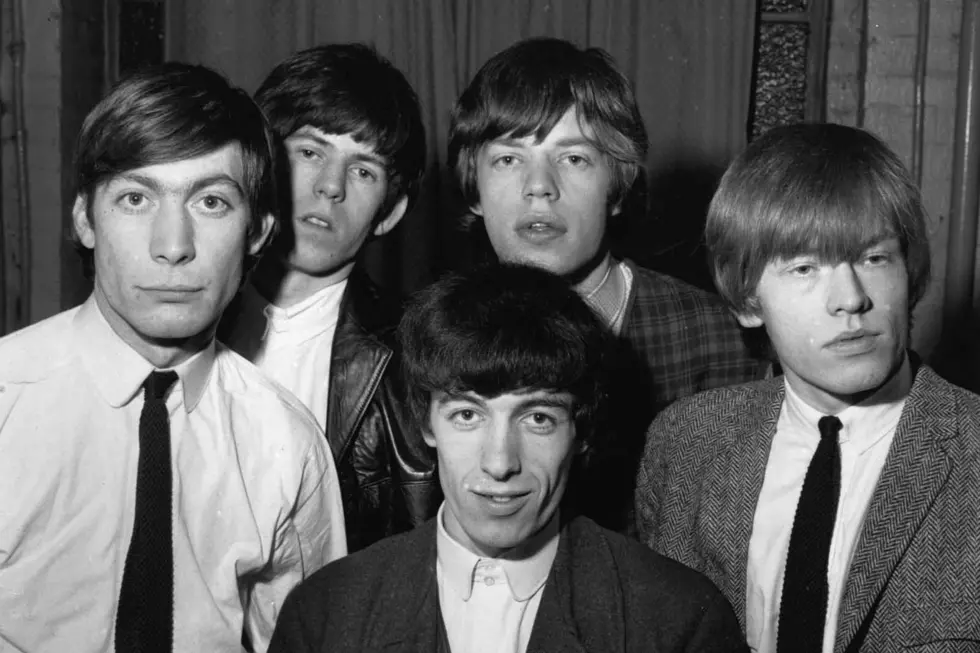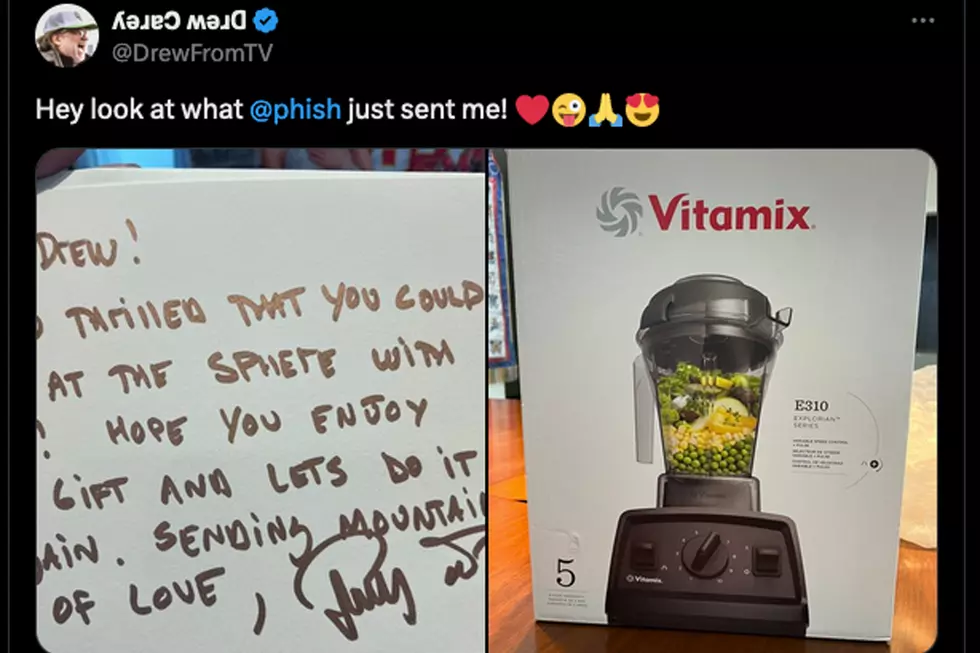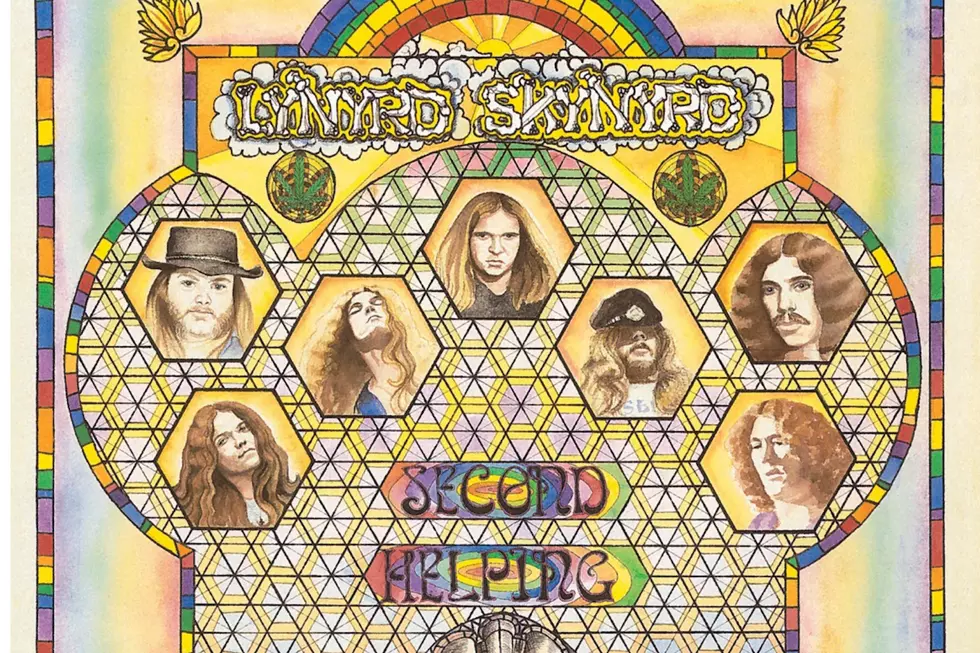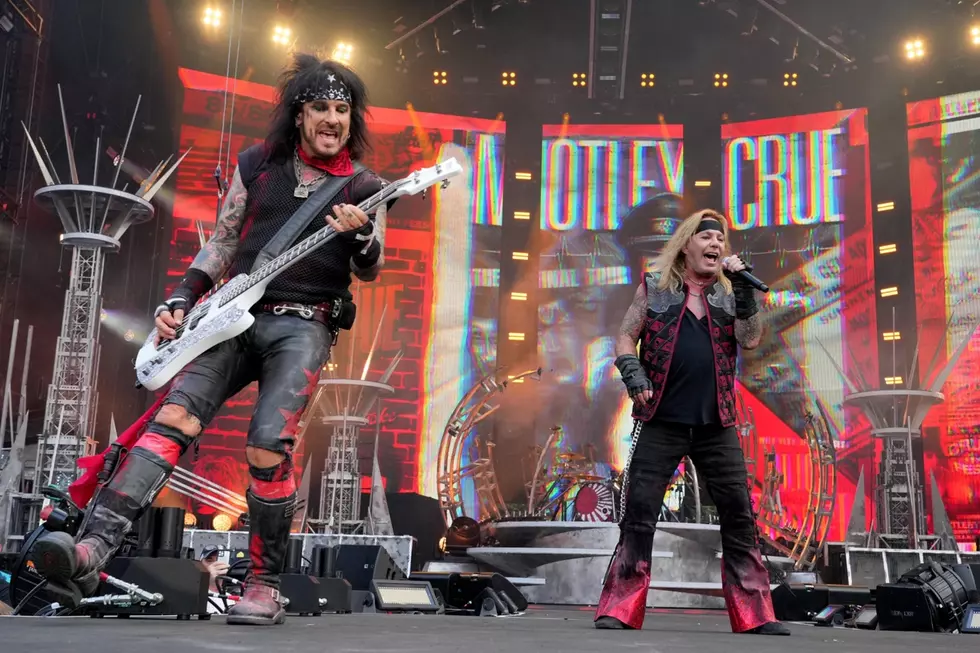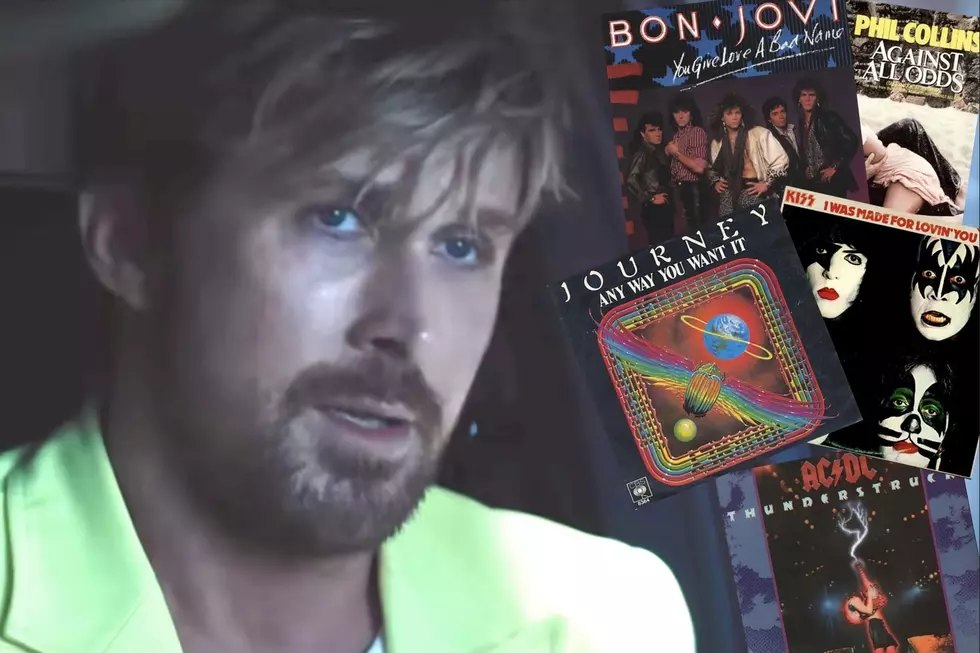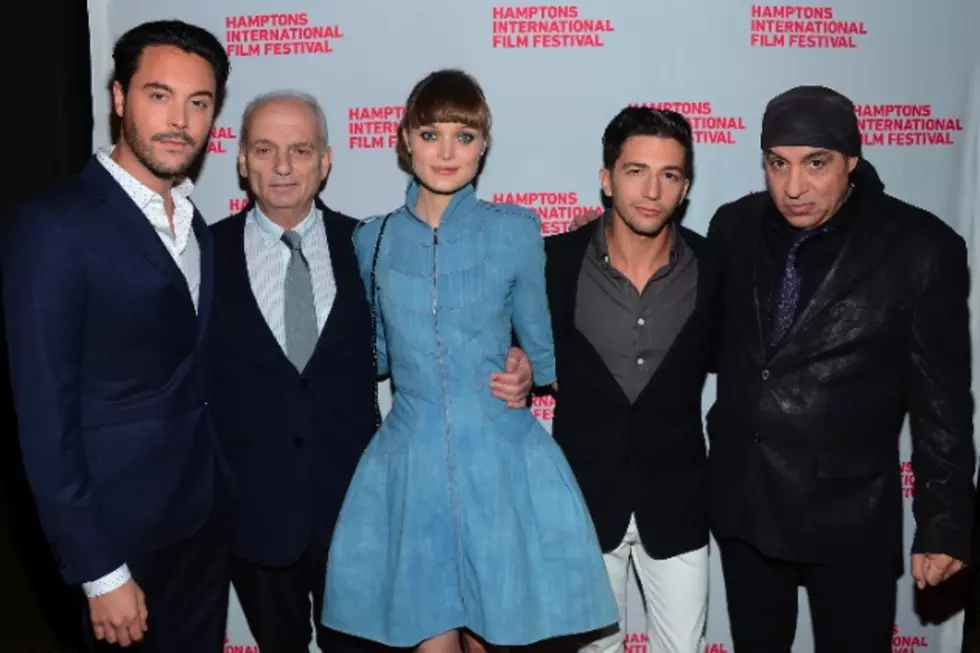
‘Not Fade Away’ – Movie Review
Ever since the birth of rock n' roll, filmmakers have tried to tell the story of young kids getting together to make their rock n' roll dreams come true. The latest movie to try it is 'Not Fade Away,' written and directed by David Chase, the creator of 'The Sopranos.'
'Not Fade Away' is the story of Douglas (John Magaro), a blue-collar New Jersey teenager who, after seeing the Rolling Stones' U.S. television debut in 1964 on Dean Martin's 'Hollywood Palace,' starts playing drums and forms a band with some friends. The film follows the band throughout their ups and downs over the next few years, as the mid-1960s give way to the more turbulent late-1960s.
Chase gets the band details absolutely right, the rehearsals, the internal and external conflicts, the the revolving door of members. Most of all, it shows that being in a band means that a scrawny, big-nosed kid can get a second look from the saucer-eyed girl he's been crushing on since high school, played by the aptly named Bella Heathcote.
The music is also a high point. Even though he had an ace team of musicians for the soundtrack -- Steven Van Zandt, who was the music supervisor and executive producer, brought in Garry Tallent and Max Weinberg from the E Street Band and old friend Bobby Bandiera (Southside Johnny, Bon Jovi) -- they're sure not to sound too precise, even in their most triumphant moments. They could easily pass for a Stones-influenced garage band, and their jangly take on the Van Zandt-penned 'St. Valentine's Day Massacre,' with Magaro and Jack Huston on vocals, is every bit as raw as the Cocktail Slippers' 2009 version of it.
And the film rightfully takes great pains to remind us that rock music was an integral by-product of the Civil Rights movement. The band's love of the Stones causes them to discover blues greats like Elmore James and Muddy Waters, and discussions about the struggles for freedom that were taking place in the South make their way onto the dinner tables of New Jersey.
However, there aren't enough of those moments. Part of the problem is that Chase tries to use the band to tell the story of the mid-60s, and therefore feels a need to hit every cultural touchstone of the era -- the generation gap, drug use, the escalation in Vietnam. It's not a stretch to suggest that this flaw is the result of Chase's background in television, where plot lines evolve over the arc of a season or multiple seasons, and those that don't work can be written out. But in a two-hour movie, these subplots, all of which have been covered in greater detail in other films over the years, come at the expense of the more interesting stories.
Chase should have focused on the band, the girlfriend and Doug's turbulent relationship with his father (the always-excellent James Gandolfini). And we won't even go near the ending, which unnecessarily feels the need to explain what it's all about in as tacked-on a manner as cinematically possible. It was a complete turnaround from the man who closed out his most famous work on such a brilliantly ambiguous note.
Then again, Chase, who based the story on his own experiences with being in a band at the same time and place, was obviously looking for a different story to tell rather than put his own spin on the rise-to-stardom tales of 'That Thing You Do!' and the superlative 'Almost Famous.' Instead, the band, for all their aspirations, only get as far as a few house parties, recording a demo and an audition for songwriter/producer Jerry Ragavoy (Brad Garrett). That's a lot closer to the true story of the vast majority of young rock bands, for whom the demands of the real world get in the way.
Still, 'Not Fade Away' is beautifully shot, has a great soundtrack (which we're giving away here) and enough moments of quality to make anybody who's ever picked up an instrument nod their head in sympathy. But that also makes it so frustrating to think of how much better it could have been.
More From Ultimate Classic Rock
